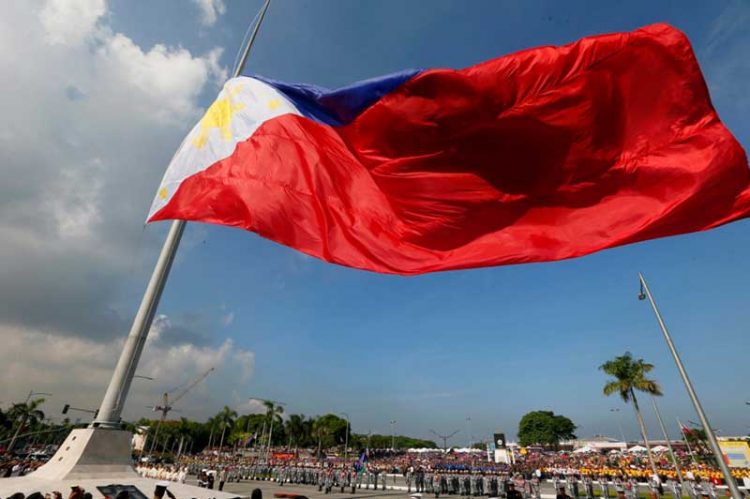A controversial new tax scheme for Philippine Offshore Gaming Operators has been officially signed into law by President Rodrigo Duterte.
The Malacañang Palace announced Thursday that Republic Act 11590 was enacted by Duterte as part of the nation’s ongoing efforts to boost revenues to combat the financial impact of the COVID-19 pandemic, with around 80% of tax revenue collected from the bill to be directed to health measures.
Under Republic Act 11590, licensed POGOs will pay a gaming tax of 5% on gross gaming revenues and POGO workers earning Php600,000 (US$11,900) or more a 25% withholding tax. A minimum monthly withholding tax of Php12,500 (US$250) will be applied to all POGO workers to prevent salaries being wrongly declared, and all workers must have a tax identification number.
“All offshore gaming licensees and service providers shall submit to the Bureau of Internal Revenue the original copy of notarized contract of employment clearly stating therein the annual salary and other benefits and entitlements of the concerned alien,” the law says.
Accredited POGO service providers – those providing online gaming operations under the license of a POGO – won’t pay any gaming taxes but will be liable for other local and national taxes.
The imposition of a 5% gaming tax on POGOs will replace other taxes such as franchise taxes, levies and fees.
Presidential spokesman Harry Roque said Thursday that 60% of revenues collected via the new POGO tax law will be allocated for implementation of the Universal Health Care Act, 20% for the enhancement of health facilities and 20% for the attainment of Sustainable Development Goals by the National Economic and Development Authority.
The law was originally put forward late last year but was delayed after the Supreme Court applied a temporary restraining order following opposition from POGOs.



































